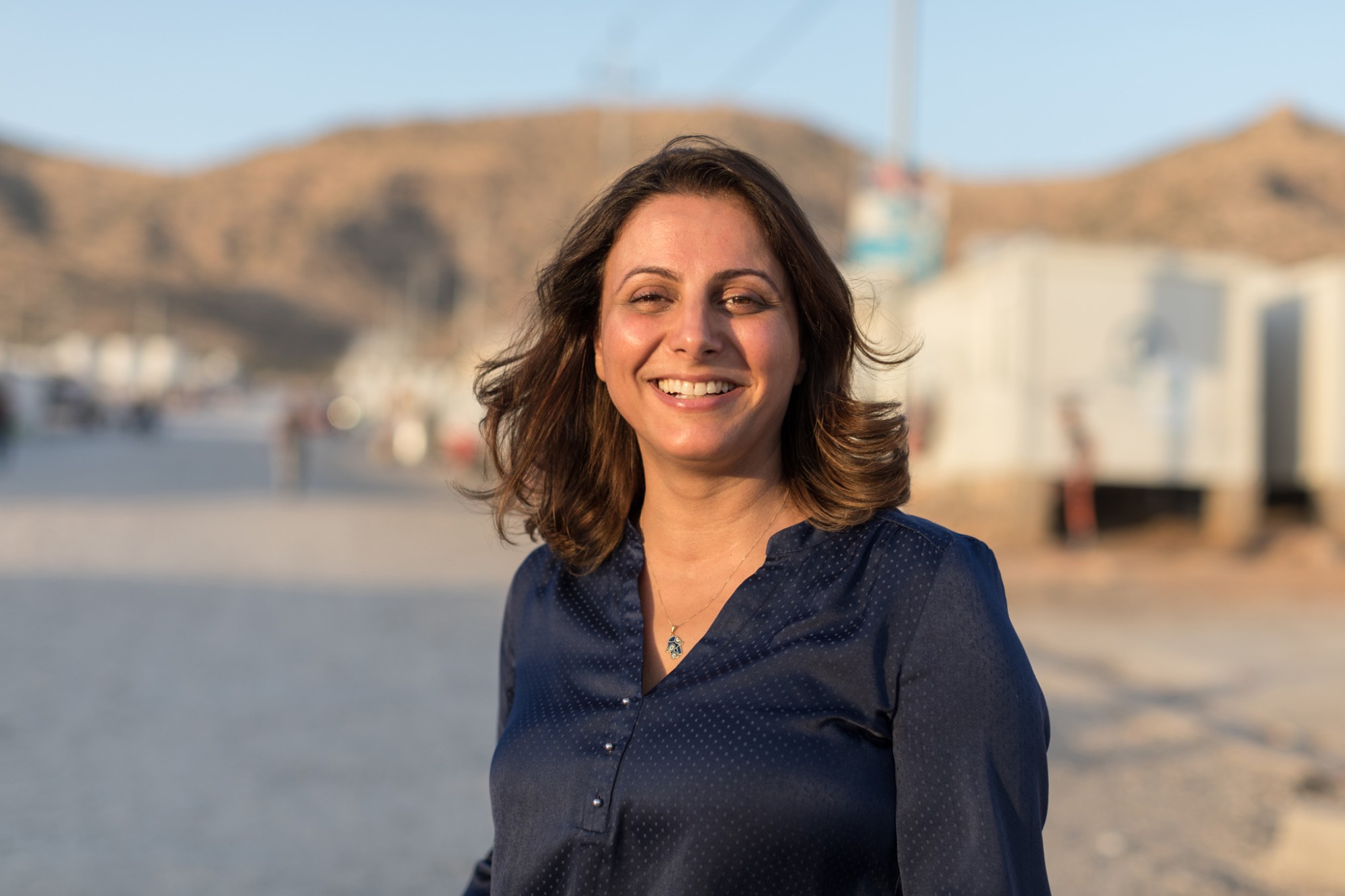The Kurdistan Regional Government (KRG) Representation in Washington, D.C., in coordination with Minnesota-based nonprofit Hanasa Plus, has invited a group of Kurdish university professors to the United States to participate in several environmental and climate programs in Wisconsin.
Delovan Barwari, Director of Academic Affairs and Strategic Initiatives at the KRG Representation in the United States, was instrumental in the program’s and in drafting the proposal. In an interview with Kurdistan Chronicle, he stated, “I contributed to writing the proposal, securing the grant from the International Research & Exchange Board (IREX), inviting the Ministry of Higher Education to join the project, and coordinating with the Ministry of Education to become a project partner.”
“Our organization has participated in local projects in our community, such as community gardening and youth management ecology projects, in partnership with the Prairie Rose Agricultural Institute (PRAI),” Hanasa Plus Executive Director Jihan Brifki told Kurdistan Chronicle. They also have a 10-step restoration education model on how to preserve and protect the environment, as well as gain more knowledge about plants native to the country. This program has been implemented in 17 countries and 30 states.

“I was eager to bring a similar project to the Kurdistan Region, as our climate is in great danger and immediate action and planning is needed to protect and preserve the environment,” Brifki added.
Following discussions, the KRG representation in Washington was more than willing to cooperate with Jihan in supporting this project. Since then, several meetings have been held with the University of Wisconsin, where the project originated, and the PRAI. The KRG representation has assisted the project in regards to getting the funds needed from nonprofit International Research & Exchanges Board.

The delegation of Kurdish professors arrived in the United States on July 20, and since then, have undergone intensive training and preparation. They are participating in daily trainings on how to implement environmental programs in the Kurdistan Region. As Brifki pointed out, the opportunity for these professors to come to the United States to learn key teaching methods has been invaluable, as has the implementation process of this program in their classrooms. They have already gained a wealth of knowledge and are eager to return to their classrooms in the Kurdistan Region and pass on the expertise they have acquired.
“We are excited about the possibility of a lasting relationship with professors from the University of Wisconsin and the PRAI,” Khalid Qolamani, a participant in the program from the University of Zakho, told Kurdistan Chronicle. “We hope to bring more professionals here for training and vice versa.”

He also emphasized the importance of caring for the environment, as it is in grave danger.
The delegation’s experience has been enriching and enlightening. Participating in hands-on environmental education training in Minnesota has provided valuable insights into effective teaching strategies and interactive methods for engaging with the environment.

Qolamani hopes that this project continues and pointed out that “the pilot implementation in Kurdistan schools has shown promising results and expanding the project could have a significant impact. Training more educators and involving the community is crucial for fostering environmental awareness and addressing Kurdistan’s environmental challenges.”
Finally, Qolamani also emphasized that the program has provided them with numerous practical skills and lessons. For example, the 10-step restoration education model and activities like rain garden creation and water quality monitoring can be integrated into the curriculum to offer hands-on learning experiences and promote ecological responsibility among students.



